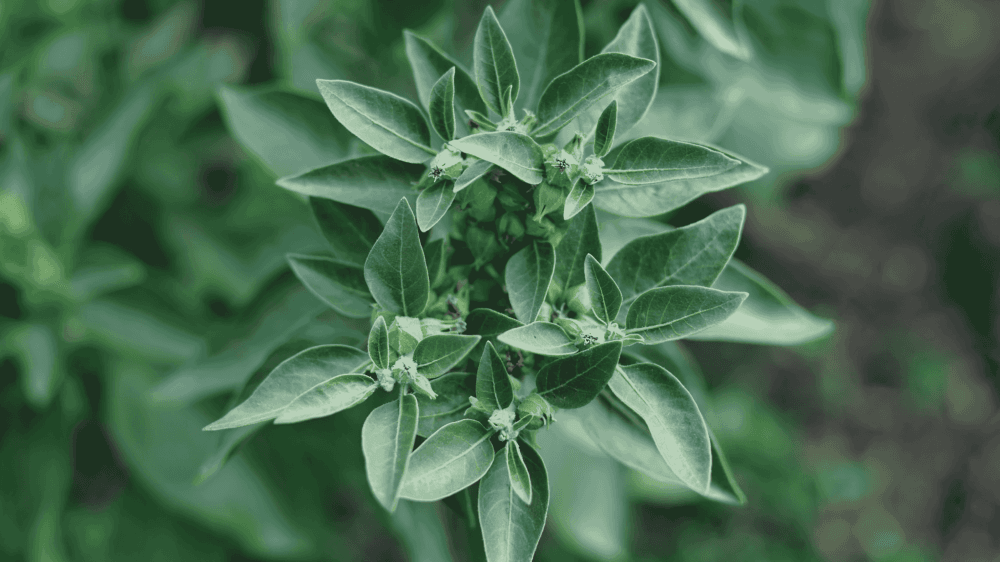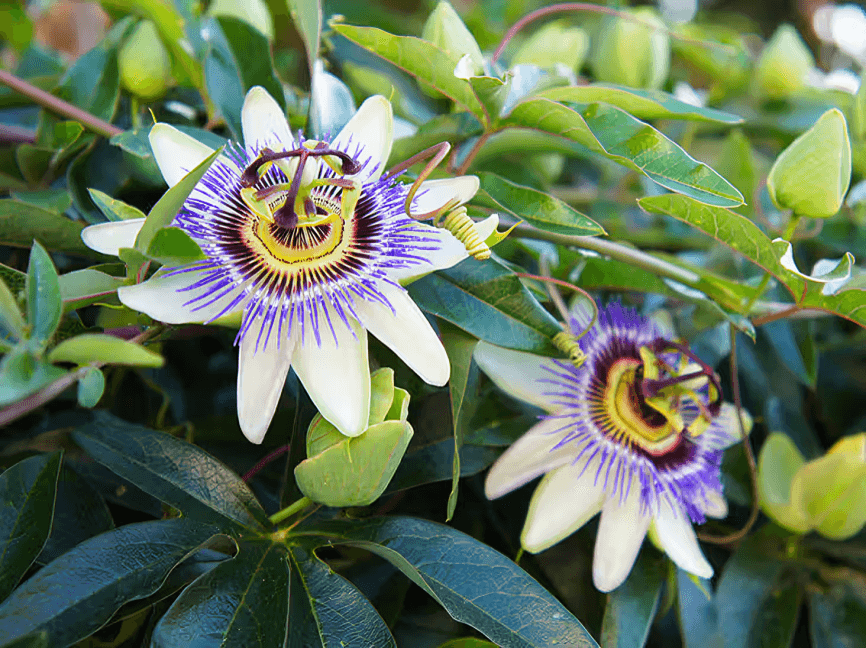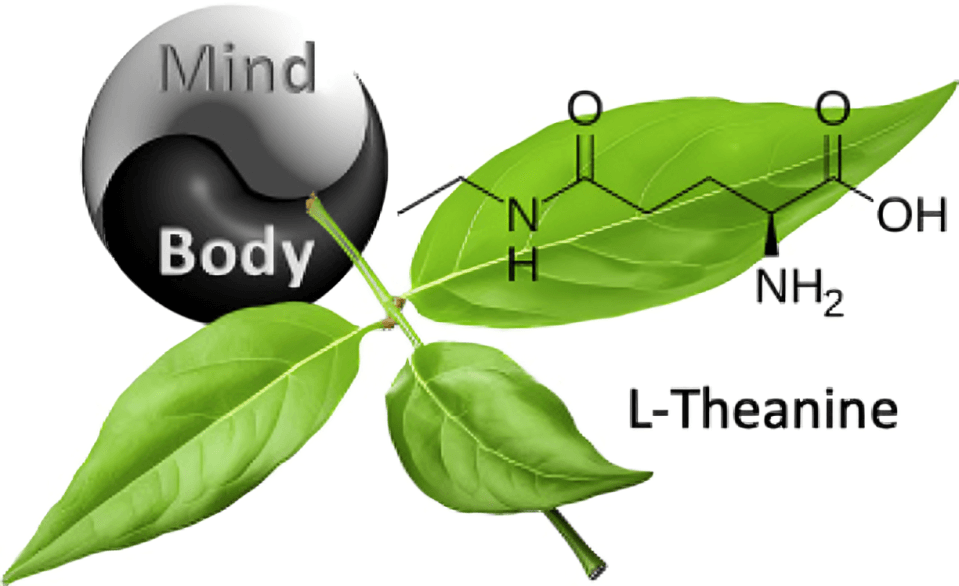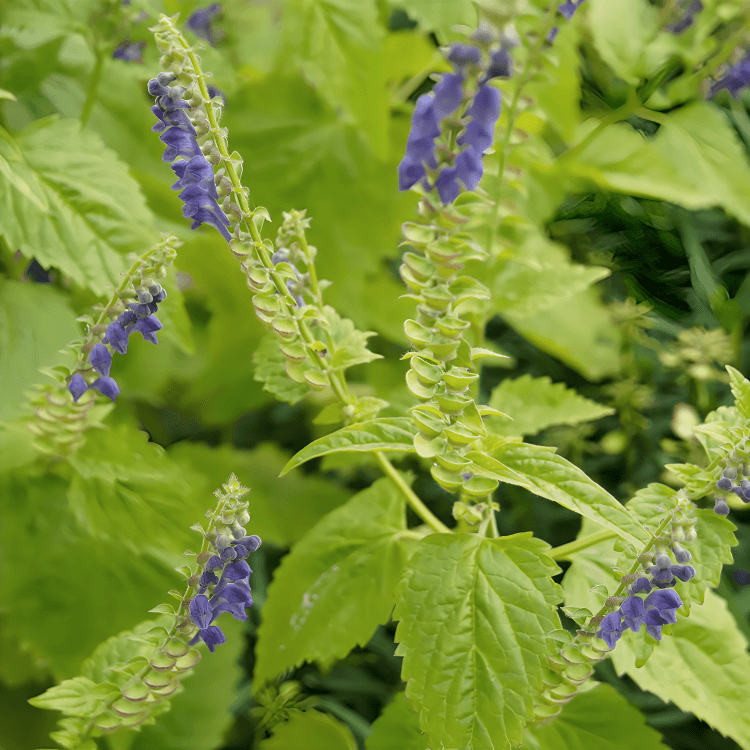
“
In today’s fast-paced world, many individuals are turning to natural remedies for mood disorders to find emotional balance without relying heavily on medications. Whether it's herbal supplements, mindfulness practices, or dietary changes, understanding natural remedies for mood disorders can open up new paths toward emotional wellness. Let’s explore 20 fascinating insights that highlight the power of these approaches in promoting a healthier, happier mind.1
1
”
Omega-3 fatty acids, particularly from fish oil, have been shown in numerous studies to reduce symptoms of depression and anxiety by supporting brain cell communication and regulating inflammatory responses naturally. 1
St. John’s Wort, a flowering plant, has been used for centuries in Europe to treat mild to moderate depression, although it may interact with several medications, requiring professional guidance. 2
Saffron extract, derived from Crocus sativus flowers, has antidepressant properties in clinical trials, with effectiveness comparable to some prescription medications, according to research published in the Journal of Affective Disorders. 3

Ashwagandha, an ancient Ayurvedic herb, helps lower cortisol levels and enhance resilience to stress, making it an effective natural supplement for improving symptoms of anxiety and mild depression.
Rhodiola rosea, known as an adaptogen, enhances the body’s resistance to stress and improves mental fatigue, with some studies suggesting it may help stabilize mood and reduce depressive symptoms. 4
Probiotic supplements, especially strains like Lactobacillus and Bifidobacterium, promote gut health, which is closely tied to emotional well-being through the gut-brain axis, influencing serotonin production and mood stability. 5
Vitamin D plays a crucial role in serotonin production, and low levels are frequently associated with depression; supplementing with Vitamin D3 may significantly improve mood during darker months or in deficient individuals. 6
5-HTP (5-hydroxytryptophan) is a natural amino acid that the body uses to produce serotonin; supplements may aid in alleviating depression, anxiety, and sleep disturbances by enhancing serotonin levels. 7
Lavender essential oil, when inhaled or used in aromatherapy, has been clinically shown to reduce symptoms of anxiety and improve sleep quality, contributing indirectly to better overall mental health. 8

Passionflower extract is traditionally used for its calming properties; it works by increasing GABA levels in the brain, helping to ease symptoms of anxiety without causing significant sedation or dependence.
Researchers at the University of Miami found that regular massage therapy significantly reduced cortisol levels while boosting serotonin and dopamine, offering a non-invasive, natural treatment option for mood disorders. 9
Chamomile, often consumed as tea or a supplement, contains apigenin, a compound that binds to benzodiazepine receptors in the brain, helping reduce anxiety and promote relaxation naturally. 10
SAM-e (S-adenosylmethionine) is a naturally occurring compound in the body that supports neurotransmitter metabolism; clinical trials have shown it to be effective in treating depression. 11

Green tea, rich in the amino acid L-theanine, promotes relaxation without sedation by enhancing alpha brain wave activity, and when consumed regularly, it may help manage mild anxiety symptoms naturally.
Ginkgo biloba, commonly used for cognitive enhancement, also shows potential in alleviating symptoms of anxiety and depression by improving cerebral blood flow and modulating neurotransmitter activity. 12
Acetyl-L-carnitine (ALCAR) supplementation has been linked to reduced depression severity in multiple studies, possibly due to its role in enhancing mitochondrial energy production and regulating neurotransmitter systems. 13

Skullcap, a traditional herb used in American folk medicine, may help reduce anxiety symptoms naturally by promoting relaxation and enhancing mood through mild sedative effects, according to herbal pharmacology sources.
A study published in The Lancet Psychiatry found that lifestyle interventions, including diet, exercise, and sleep hygiene, significantly reduced symptoms of depression, emphasizing natural, holistic approaches over medication alone. 14
Valerian root is best known for sleep support, but its calming effects also extend to anxiety relief, working by enhancing GABA activity in the brain, thus promoting a more stable, relaxed mood. 15
John Locke, the philosopher, emphasized the importance of environmental and internal health for mental well-being, a principle echoed today in holistic psychology, which integrates natural remedies to promote emotional health. 16